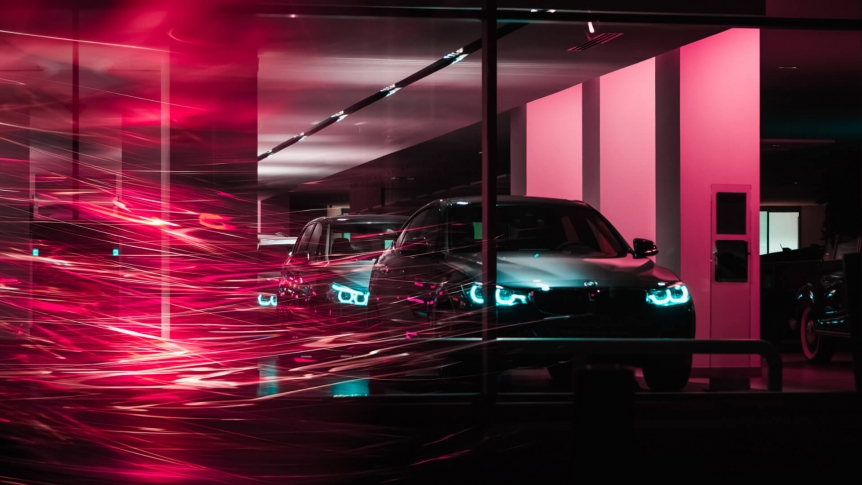What is brand loyalty when it comes to cars?

Brand loyalty is another corporate buzzword that gets thrown around many a boardroom. But what is brand loyalty? Is it some caveman-like basic urge to be part of a group? For something as amorphous as the concept of brand loyalty, it’s quite rigid in practice.
As a term, it’s the affinity customers feel towards your brand and how likely they are to choose you over competitors. But what is it in a psychological sense? According to Kotler et al, brands can exhibit five traits: sincerity, excitement, competence, sophistication, and ruggedness. Consumers are drawn to brands that exhibit at least one of these traits and line up with their own internal beliefs. But how can companies use that information, especially in the automotive industry?
Familiarity
Brand loyalty could simply come down to prior experience. File this under ‘competence’ and ‘ruggedness’. It could be as simple as cereal – it tastes good, ergo I will buy it again.
In relation to vehicles, you might be loyal to a brand that has worked well in the past. Cars are such a huge investment, you want something that will last you a long time. You’ll want one that performs just as well.
But sometimes it’s familiarity. Humans are creatures of habit and stepping outside of what we know is daunting. Even if you’ve never driven a car before, you’ll have perceptions about particular brands. “My Mum’s Fiat looks nice” or “my friend loves their Kia”. Plenty of Americans would tell you that Dodge is one of the best car brands in the world. But if that’s true, why do they not sell as well elsewhere in the world?
There’s a famous study that tested people’s ‘Coke vs Pepsi’ bias. It found that people preferred it when they thought they were drinking Coke, despite what was even in the glass. The two drinks are near-identical, but if you dare say such a thing you might start a fight. Maybe brand loyalty is just as simple as ‘better the devil you know’?
Aspirations
Or not. That’s too narrow a definition and doesn’t account for people’s appreciation of a brand they don’t even know. You may have never driven a Bentley Bentayga but you know what the name Bentley represents.
It plays into the idea of ‘excitement’ or ‘sophistication’. Brand loyalty can also be aspirational – you want something because of the prestige of it. Apple products have that effect on people, despite their market-leading prices. Over three-quarters of people would replace their iPhone with another one, and even more of them couldn’t even imagine having something else.
We see our products as an extension of us. We never stop being kids in that sense, chasing brands that get us the most attention. But it’s a chicken-or-the-egg scenario: did wealthy people buying brand X make it so prestigious, or did they buy into it because it already was?
Creating brand loyalty
Some companies engender loyalty by actively making them feel like part of an exclusive club. Both in the sense that by owning a brand you are part of a minority and in the literal sense – a reward scheme. Why eat anywhere else when another three meals will get you a free starter at Nandos?
It’s harder with cars since you can’t quite say “buy five Fords and your next one’s free!” You could offer an app like ‘FordPass’ though that gives people a reason to stay in your ecosystem. There are plenty of examples of it – each one making you feel like your part of an exclusive group that’s being cared for, provided it has the ‘sincerity’. Kia even refers to it as the ‘Kia family’.
If you want to foster more loyalty you have to work to change already established behaviour. Van Praet described seven steps to this process. You need to interrupt the pattern, create comfort, lead the imagination, shift how they feel, satisfy any critical questions they might have, change their associations, and take action.
So while brand loyalty might differ from person to person, there’s a core to it that you can tap into. Every brand can find loyalty and an audience it’s just a question of can you do it?
At RealtimeUK, we understand the importance of brands. We know what your brand means to you and have a strong history of representing companies in the best possible light. If you’re interested in working together on a future project, get in touch with me at [email protected].


